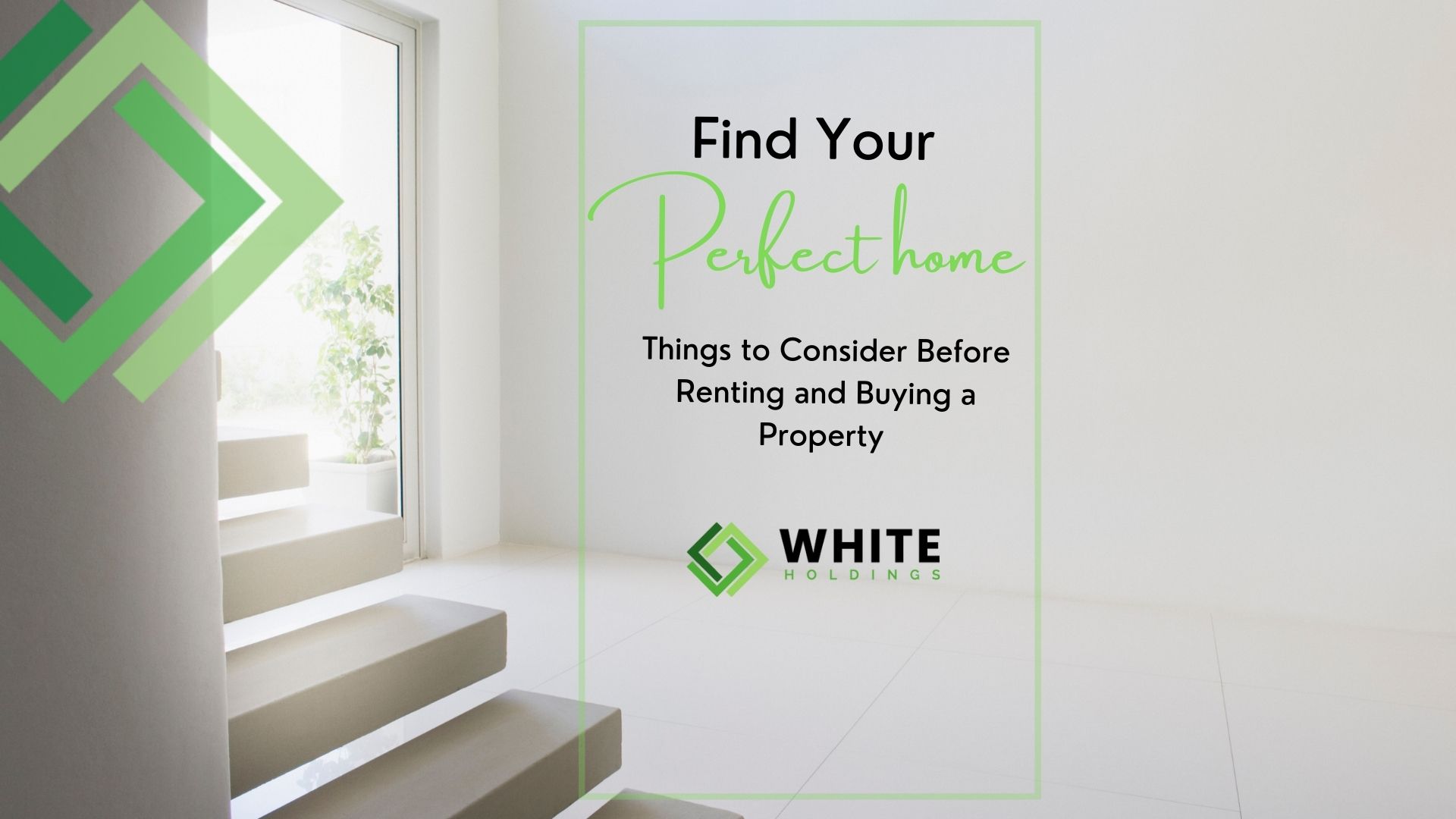
Things to Consider Before Renting and Buying a Property
Looking for one or more properties for rent or ownership? You must be needing a lot of help in terms of the current market situation, best location, and best pricing. Although different people may promise you different deals, at the end of the day, you make the final call. After all, it’s your money that’s on the line here!
So, here we are with a bunch of basic factors that you should consider individually before you think about renting or buying one or more properties. These are the fundamentals that some real estate advisors may or may not share with you. At least, after reading this article, you would have gained a good amount of insight into what you’re really looking for!
1. Neighborhood
Neighborhood plays a critical role when it comes to buying and renting a property since it determines the type of tenants you would have and the cost of acquiring the place.
Even if you never plan to stay on the property, you should still consider the environment around it. Lack of access to public transport, shortage of sunlight, limited view of greenery, indecent neighbors, the sound of construction, being situated near traffic-heavy zones, and proximity to supermarkets or hospitals - all play a role in whether tenants would like to stay there or not.
2. Universities
Getting a property near a university may attract new tenants every year, but some of them may struggle to pay the rent on time. Moreover, rentals near a university are always cheap since their demand pool mostly consists of students.
3. Schools
The schools near the property can affect the type of tenants you would attract as well. People are willing to move to apartments that are near a reputable school. Academic institutions with high tuition fees are more likely to attract students from well-off backgrounds. Investing in apartments near a well-respected school like that would bring you lots of profit without worrying about delayed payments.
4. Job Market
Commercial areas with a growing number of job opportunities would definitely attract more professionals, office spaces, shops, and other ventures. If you want a constant flow of income, invest in places like these. However, industrialism can create pollution, noise, and overcrowding in the location, which you should not forget about as tenants.
Depending on the businesses involved in the locality, housing prices may fluctuate dramatically. Additionally, you can make heaps of money by investing in commercial areas, but also be ready to spend tons on repair costs!
5. Crime
The last thing you want to do is invest or rent premises in areas plagued by crime. Your money, belongings, and even your life are at stake in neighborhoods like that. If you are not familiar with the suburb, check the news or ask the people around.
Spend some time in that neighborhood to get the feel of the place before jumping to renting or investing. Moreover, check the presence of police and security guards in that area to determine the amount of help you would get when in trouble.
6. Natural Disasters
Needless to say, natural disasters can cause incredible damage to your holdings whether you’re a tenant or an investor. If a suburb is prone to attacks of Mother Nature, it’s better not to invest in that place. The damage recovery cost from such incidents is expensive! Even insurance coverage costs won’t be able to save you from disappointment.
7. Potential for Renovation
You don’t just want to rent a space that has no potential for renovation, especially if you’re thinking about living there for the long haul. Properties that offer this opportunity for modification usually attract residents who are willing to pay more. The modifications would only increase the value of the premise, therefore, you generate good profit even if you choose to sell it after a few years.
8. Cost of Property
To figure out how much the property would annually cost you as an investor, subtract the monthly mortgage from the total cost. Then, divide the property tax by 12 months. Divide the insurance cost by 12 months as well. Lastly, include a generous amount of expense for maintenance and repairs, and you have your total cost!
Newer properties need less work and expense compared to older ones. Whether you want to take responsibility for individual apartment repairs or not depends on you. But as an investor, you would have a lot to do, don’t just sit around and wait for passive income to flow in.
In a Nutshell
Did you find this article useful? The tips shared here are the most crucial elements when it comes to property purchase or rent. All investors and landowners take these factors into consideration before they step into making a big monetary decision. After all, investing in real estate is not cheap!
So, we will leave here for now, and let you decide the best outcome for yourself. If you need anything, don’t hesitate to get in touch with us. Till next time!